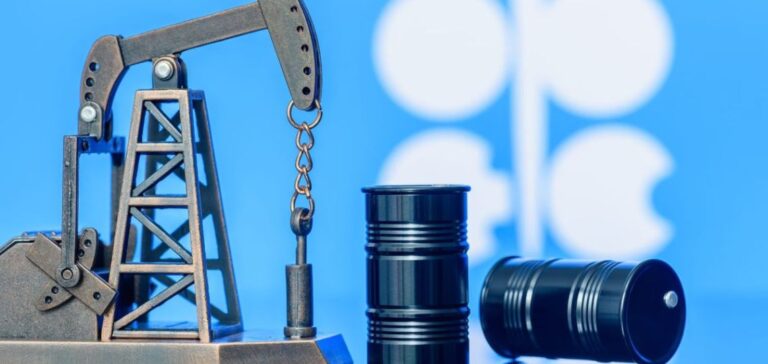The Organization of the Petroleum Exporting Countries and its allies, collectively known as OPEC+, have announced a phased increase in Iraq’s oil production quota. This decision, made after consultations with member countries including Saudi Arabia, Russia, the United Arab Emirates, Kuwait, Kazakhstan, Algeria, and Oman, provides for an initial moderate rise of 12,000 barrels per day (bpd) starting in April 2025. In May, a second increase of 12,000 bpd will bring Iraq’s total production to 4.024 million bpd, before gradually reaching 4.11 million bpd in January 2026. Production will further rise above 4.22 million bpd from September to December 2026, marking a significant milestone for the Iraqi oil industry.
Coordinated Market-Balancing Strategy
This decision is part of a broader strategy implemented by OPEC+ since April 2023, when the group voluntarily decided to reduce its overall production by 1.65 million bpd to stabilize global markets. An additional cut of 2.2 million bpd agreed in November 2023 will end in late March 2025. Starting in April, OPEC+ will progressively release these withheld volumes, including those from Iraq, the organization’s second-largest producer after Saudi Arabia.
Iraq’s gradual quota increase comes as the country aims to compensate for previous periods of quota overruns. Simultaneously, Baghdad announced a reduction in its Official Selling Prices (OSP) for crude intended for Asian and European markets starting in April, indicating anticipation of adjustments in global oil supply.
Strategic Reopening of the Iraq-Turkey Pipeline
A key factor influencing the regional oil market is the planned reopening of the pipeline connecting Iraq to Turkey, closed since March 2023 following an international arbitration requiring Ankara to compensate Baghdad for unauthorized exports between 2014 and 2018. Before its closure, the pipeline carried approximately 450,000 bpd, and operations are expected to resume shortly with an initial estimated capacity of 185,000 bpd of crude from Iraq’s autonomous Kurdistan region.
This imminent reopening, encouraged by diplomatic pressure from the United States, is part of broader negotiations between Iraq’s federal government and Kurdish authorities. According to Robin Mills, CEO of Qamar Energy, the resumption could temporarily impact oil prices, although constraints imposed by OPEC+ should limit the lasting effects on markets.
Economic and Diplomatic Implications
This controlled increase in Iraqi output represents a significant economic opportunity for a country heavily reliant on oil revenues. The gradual production increase, in line with OPEC+ guidelines, will allow Iraq to generate additional revenues while avoiding excessive disruption to international markets. Thus, Iraq continues positioning itself strategically within global energy balances, particularly amid increased market volatility.
Moreover, Iraq must also navigate a complex diplomatic environment, especially regarding Iran and the United States, with the pipeline reopening serving as a political instrument aimed at curbing Iranian influence in the region. This context requires Baghdad to carefully manage international relations while ensuring internal economic stability.





















